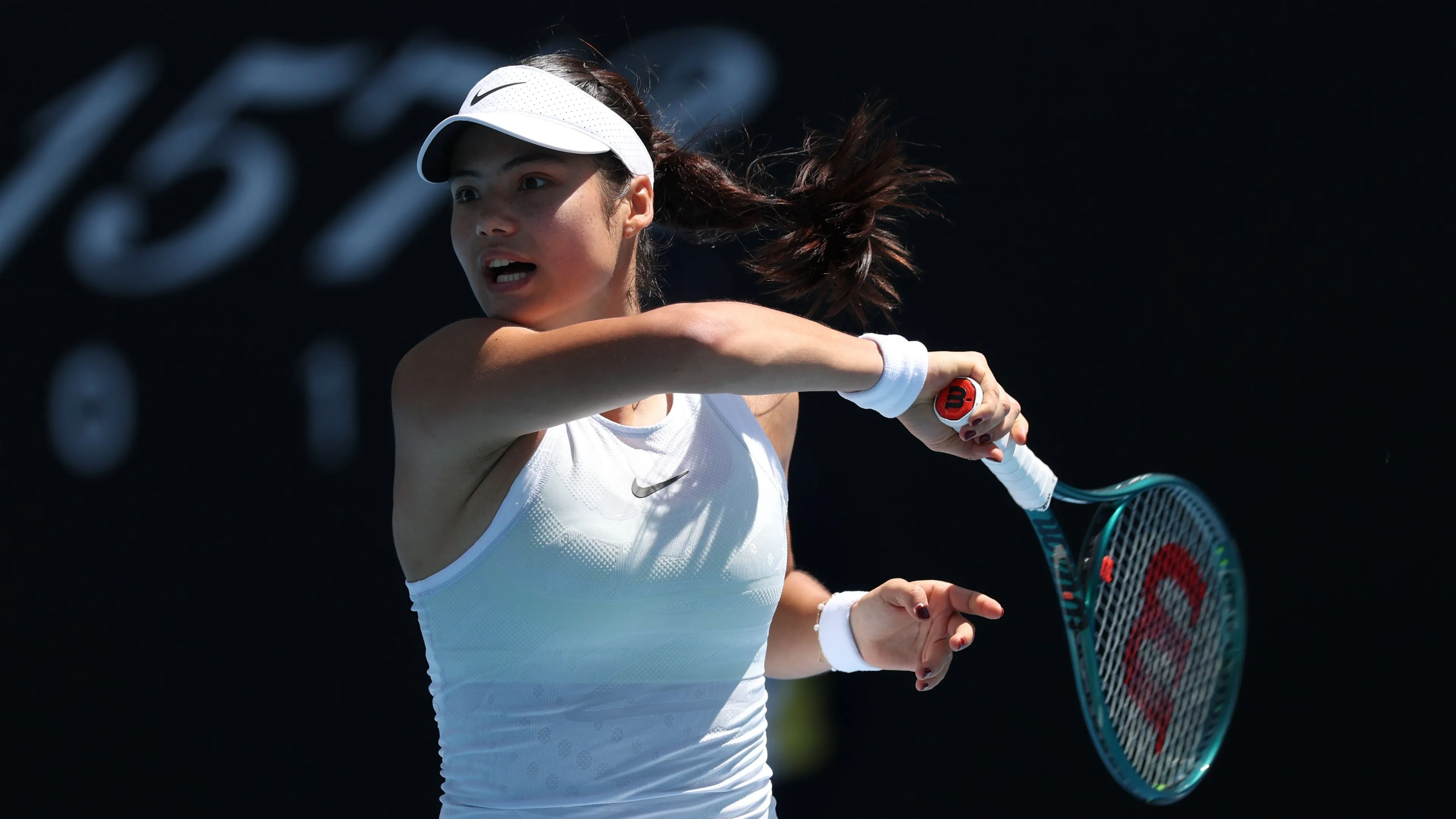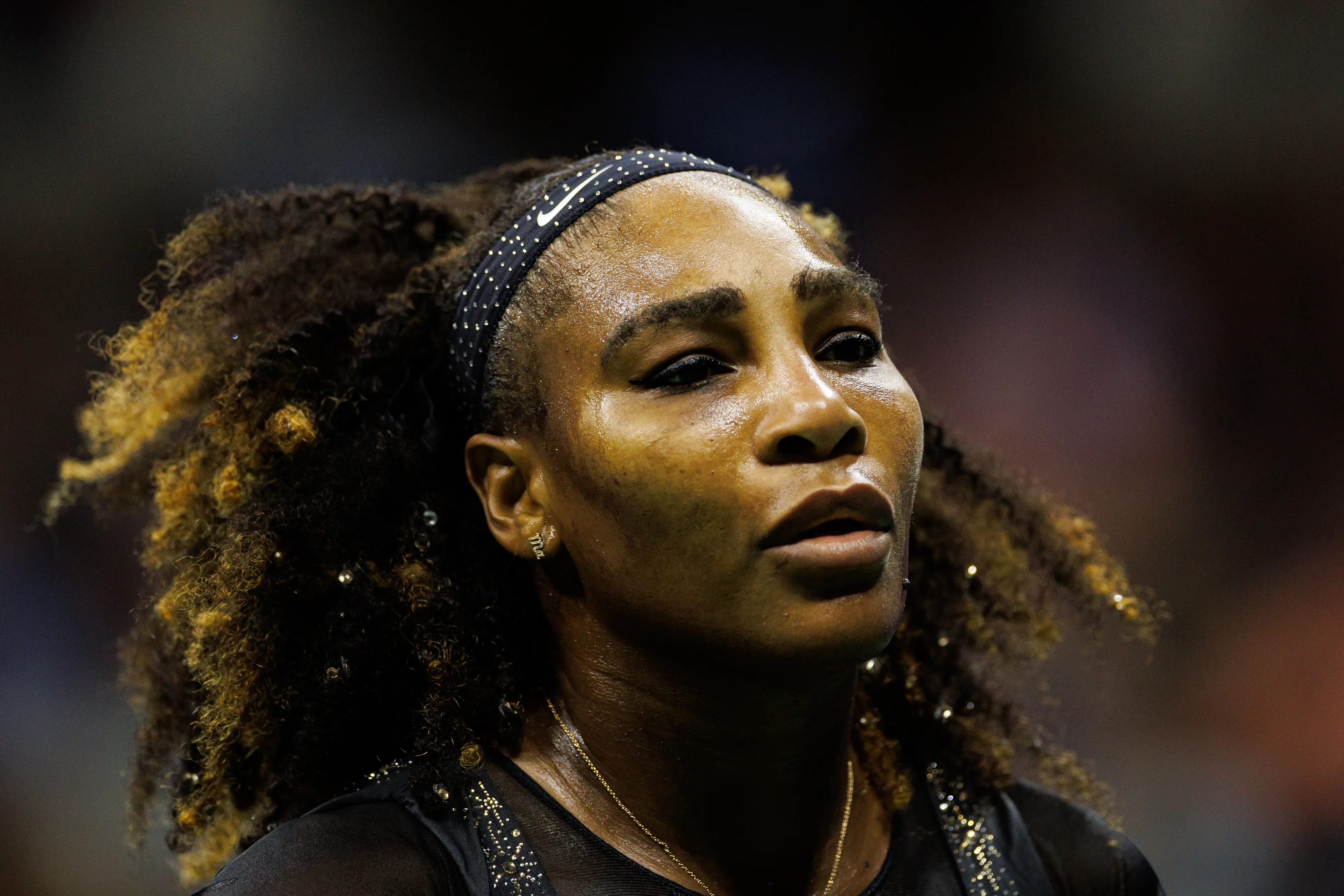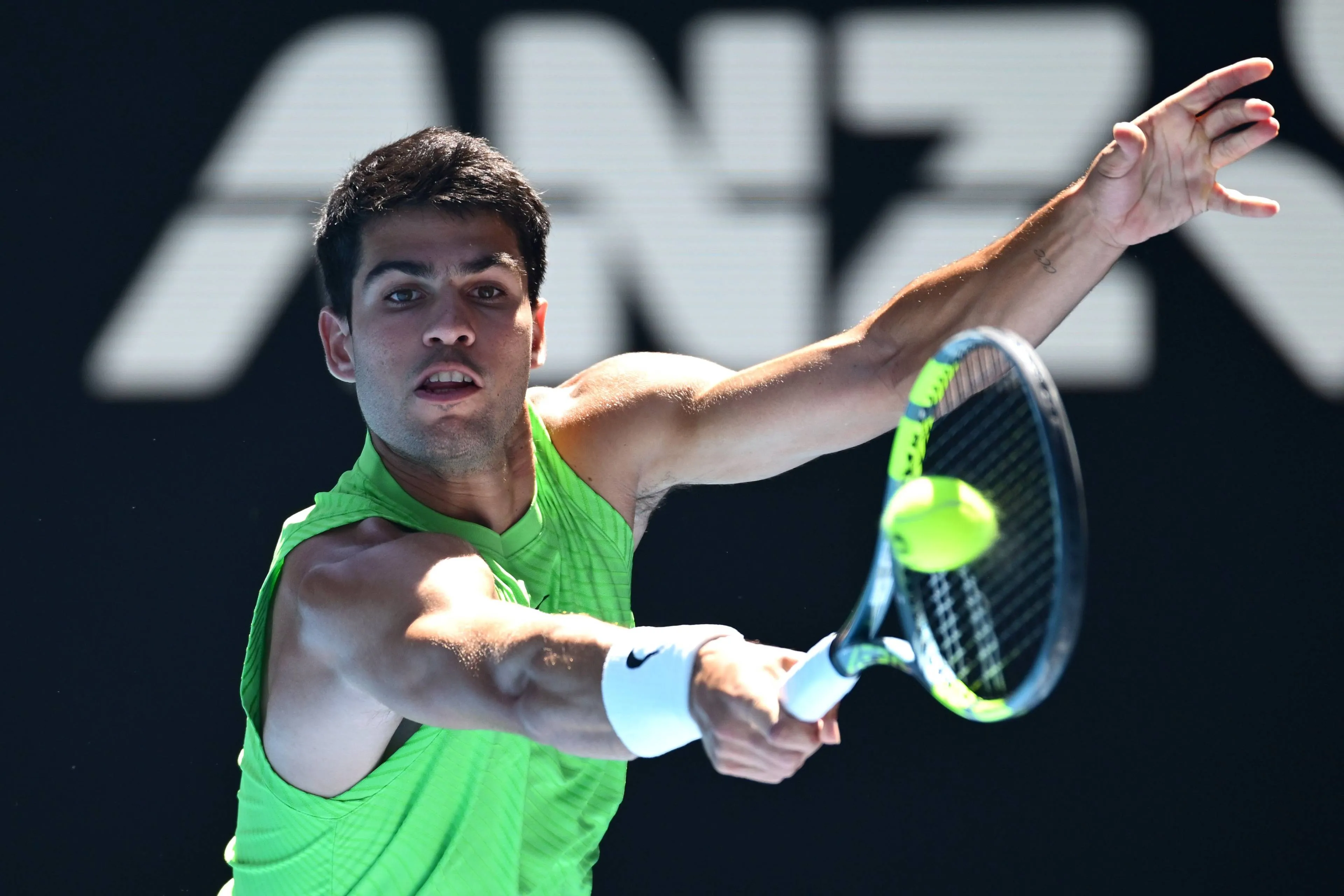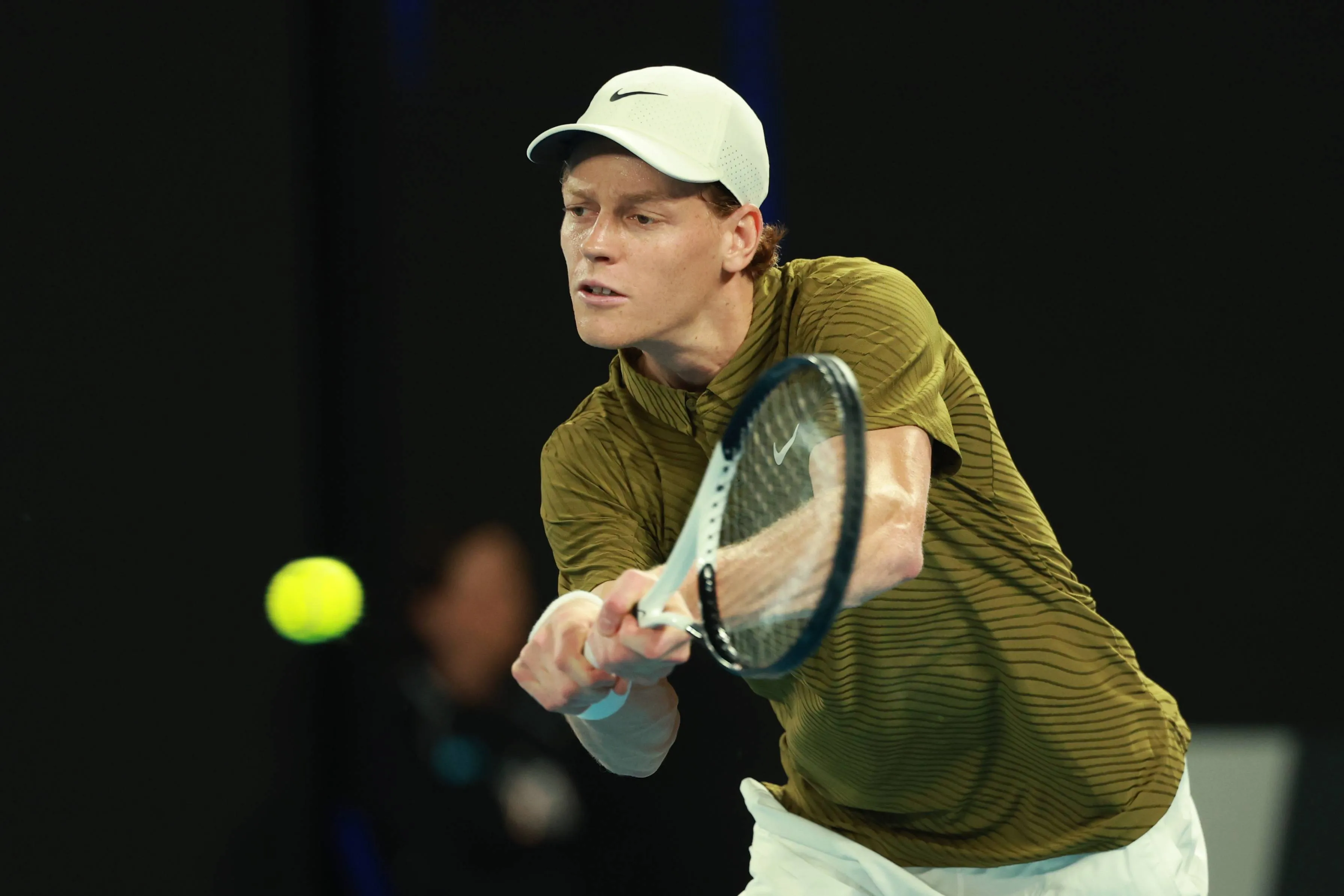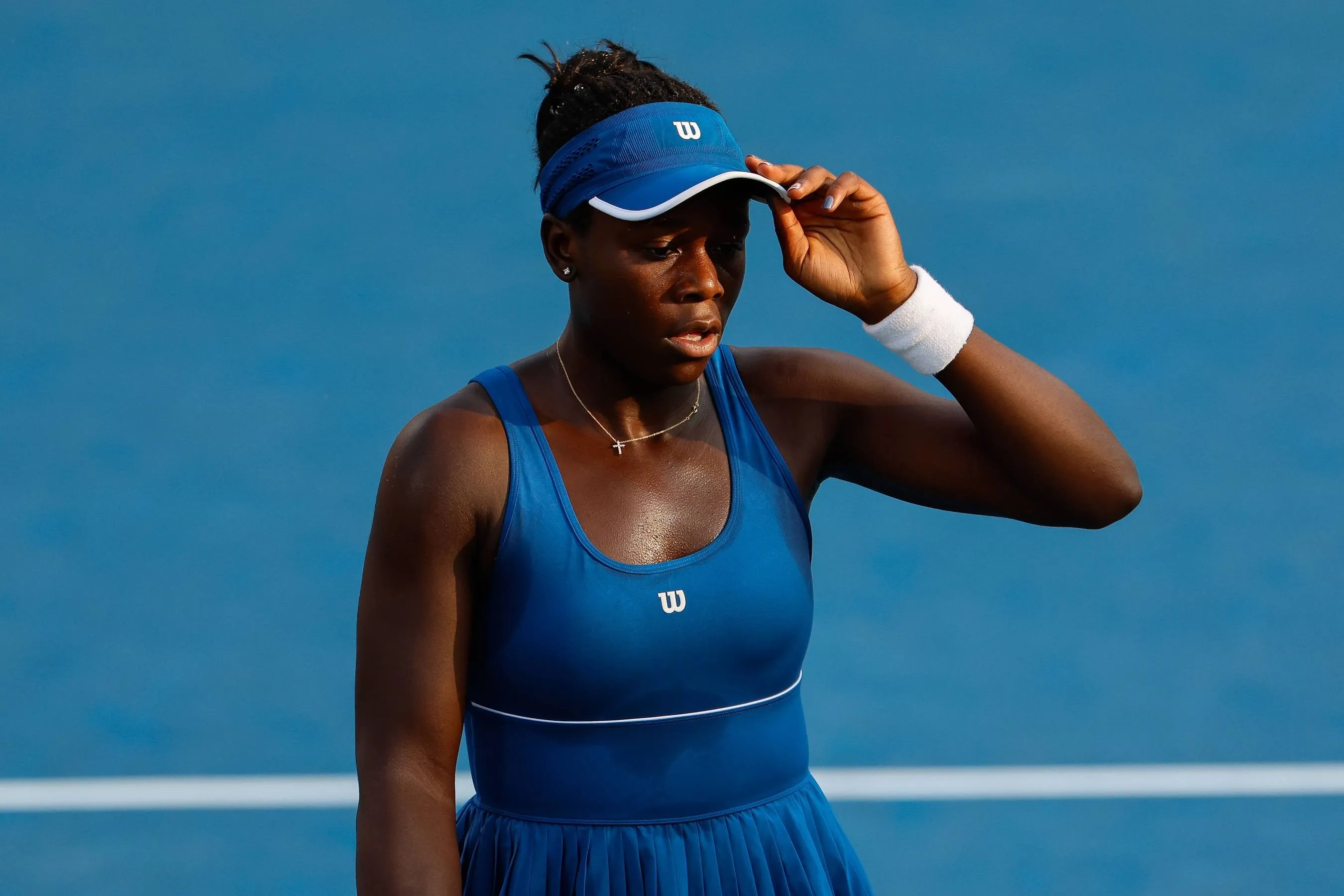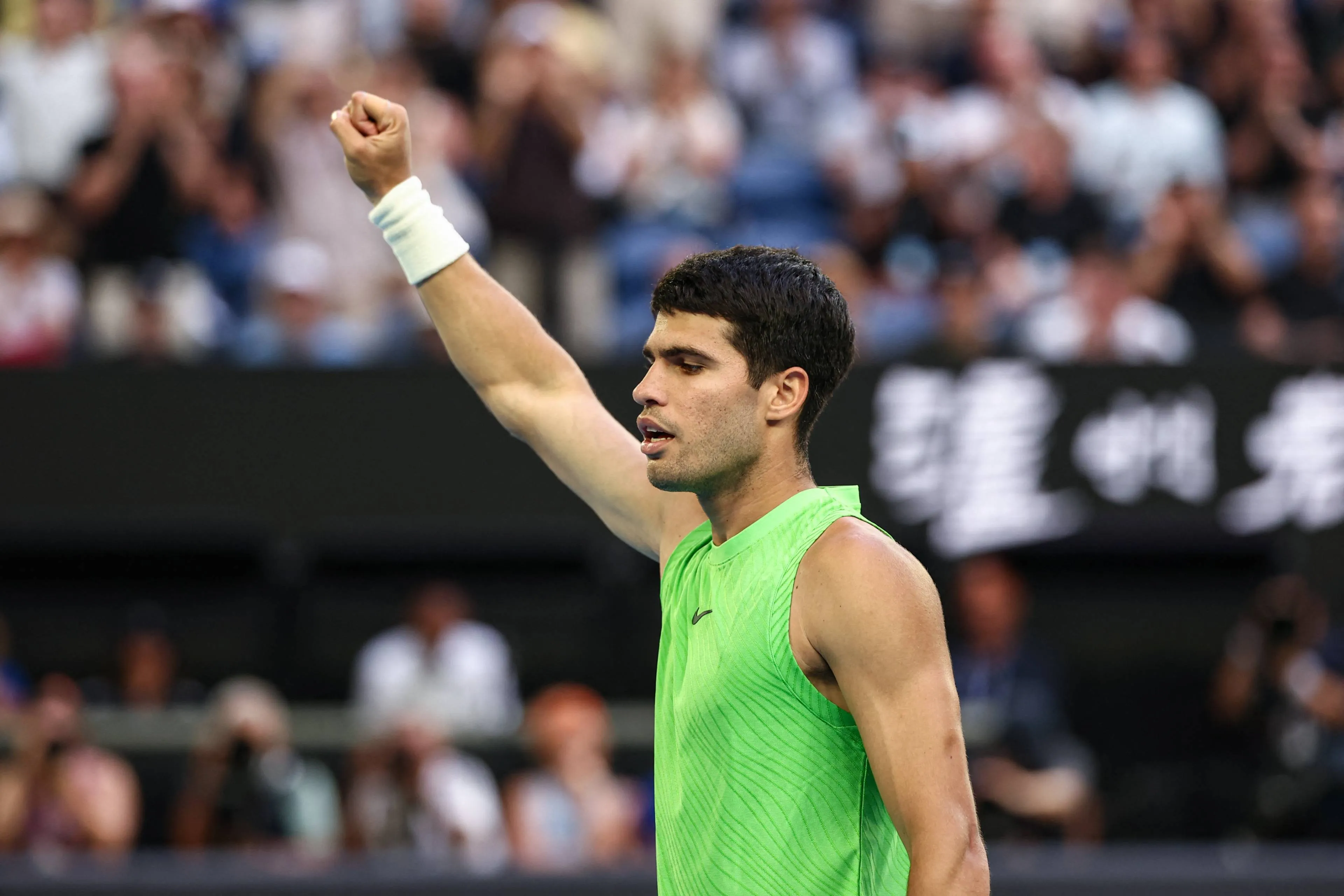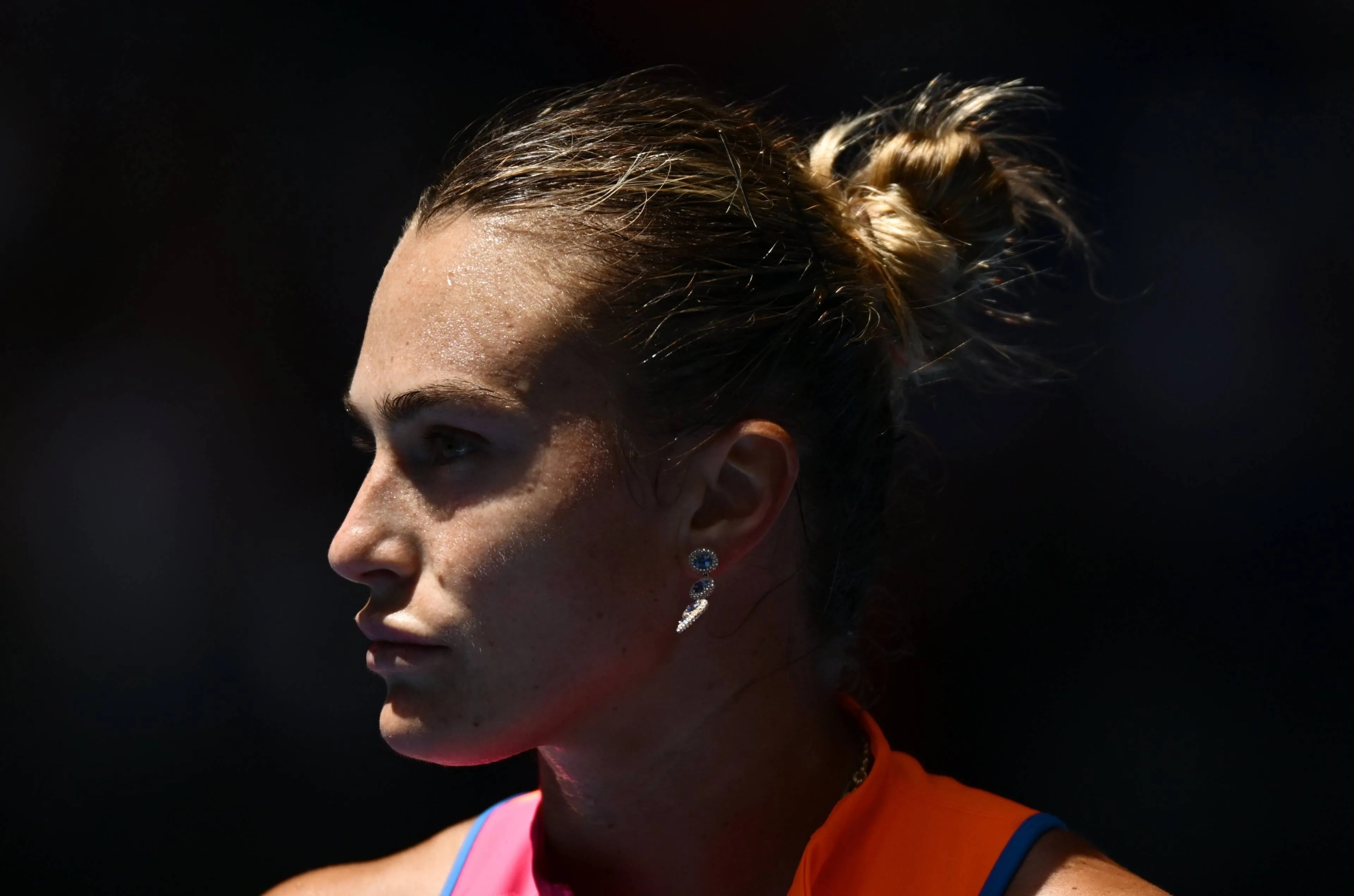Iga Swiatek Draws Criticism Over Her Comments on Women’s Matches at Roland Garros
NewsTuesday, 27 May 2025 at 21:40
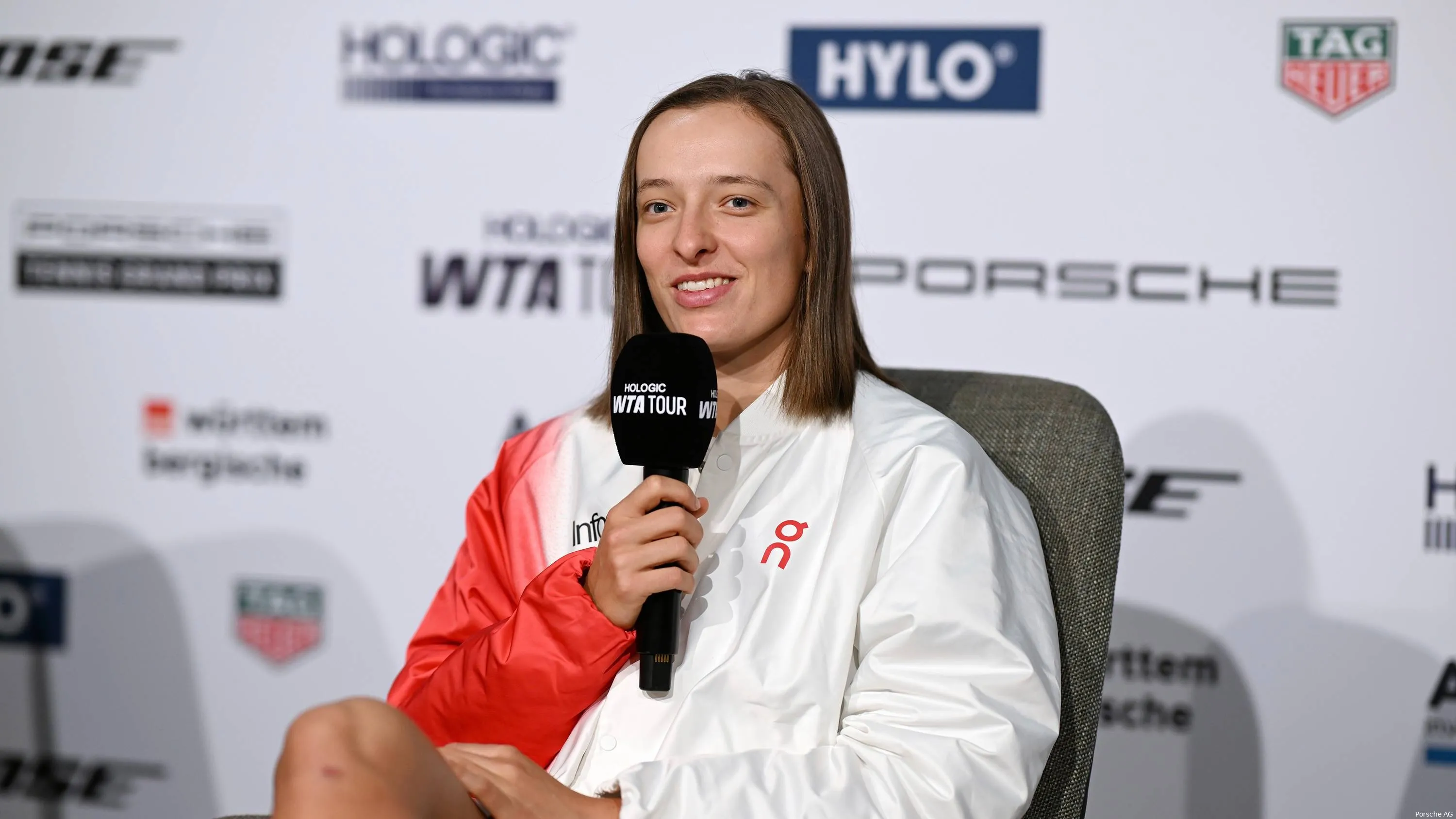
Iga Swiatek has come under fire after admitting she is not bothered by the Roland Garros organizers' decision not to pick women's matches for night sessions on Court Philippe-Chatrier.
The season's second Grand Slam of the season introduced night sessions in 2021. Unlike the US Open, which always contains a men's and women's match, only one contest is played during the night in Paris.
Since its introduction, tournament organizers have almost exclusively used that spot for men's singles matches. Some have condemned this imbalance and feel women's tennis should be represented in the night session.
The French Open tournament director, Amelie Mauresmo, a legend of the women's game, admitted in 2022 that men's matches are chosen because they have more appeal, but later apologized for the comments after a backlash.
Swiatek, who has won four of the last five iterations of the prestigious tournament, has been asked about the topic every year since the night session was introduced, and always answers by saying she prefers playing during the day.
The former WTA world No. 1 sounded slightly frustrated to be asked the same question in a press conference after her opening-round win against Rebecca Sramkova. Swiatek said she did not mind which matches were chosen for the night session.
"Every year we talk about it. My position didn’t change. I like playing day. So I’m happy I’m done and can have a longer rest. On the other hand, people just try to look for, like, not even things between men and women. You can find that in the schedule a bit and you can ask us all the time. Honestly, my answers are not gonna change. I don’t mind."
The same reporter, not satisfied with the answer and possibly looking to cause a stir, asked Swiatek if she, as an ambassador for women's tennis, understood that men were getting a bigger stage during the night session. That led to short and blunt responses from Swiatek.
Read also
Reporter: "I understand your personal preference for playing in the day, and it doesn’t bother you. But do you sort of, as an ambassador and advocate for women’s tennis, understand that the men are getting a much bigger stage and audiences because of this schedule?"
Swiatek: "I understand. But I’m not making the schedule."
Reporter: "But does it bother you that they get such a bigger platform?"
Swiatek: "No."
Although opinions vary about how the organizers should approach night session scheduling, questions about Swiatek as an ambassador for women's tennis based on this issue seem entirely unfair.
Swiatek not being bothered about who plays in the night session does not alter the outstanding job that she, Aryna Sabalenka, Coco Gauff, who was the highest-paid female athlete in the world last year, Mirra Andreeva, and others have done in helping the WTA Tour to grow.
Global audience figures in recent years show that record numbers are watching women's tennis. That is a credit to the players, who have raised the level. There are also many interesting rivalries, especially between Swiatek and Sabalenka.
Swiatek has admitted she tries not to look at social media during tournaments, and will try to stay focused for her second-round match against Emma Raducanu.
Read also
Loading

